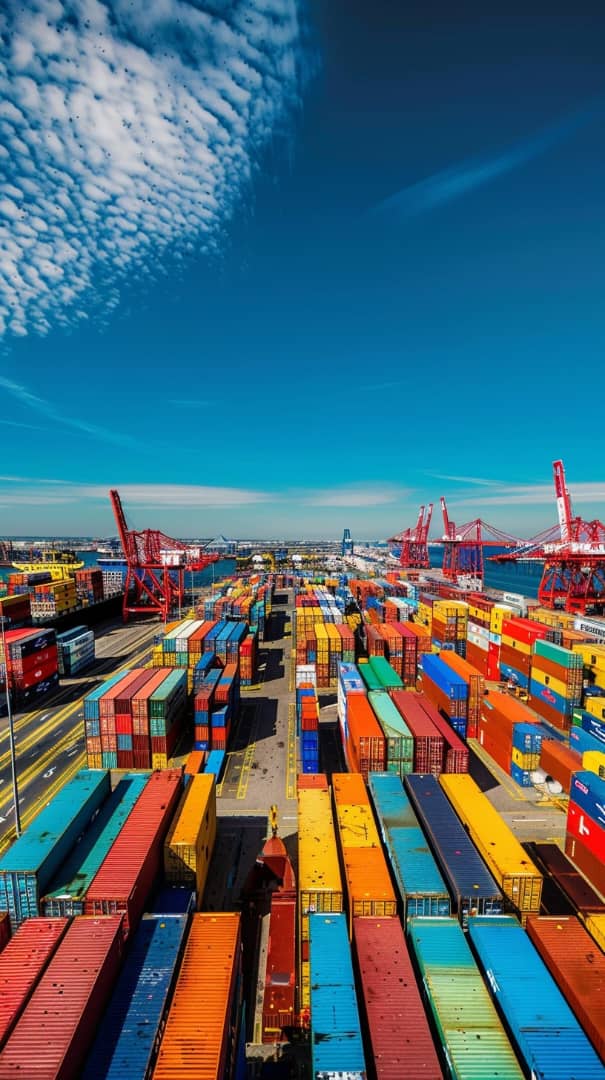Terms related to costs that apply when a ship or container is used beyond a certain period (Demurrage and Detention) are often confused or used interchangeably. Below is a precise explanation of the differences between Demurrage and Detention:

Demurrage:
Definition:
Demurrage refers to the fees imposed when cargo remains at the port terminal or on the vessel beyond the allowed time for loading or unloading. Essentially, it’s a penalty for delay in the ship’s schedule.
Application:
Demurrage charges are applied to cargo that stays longer than the free time allowed by the shipping line at the port terminal.
Free Time:
Free time is the period during which the shipping line allows cargo to be loaded or unloaded without incurring extra costs. This period varies depending on the contract.
Start Trigger:
The demurrage charges begin when the cargo is not moved from the terminal within the specified free time period.
Responsibility:
Demurrage costs are typically the responsibility of the consignee (receiver) or shipper, depending on the shipping contract terms.
Location:
Demurrage charges are related to the time the cargo spends at the port or terminal, not on the ship itself.

Detention:
Definition:
Detention charges apply when the consignee keeps the carrier’s container beyond the allowed free time after receiving it from the terminal. This fee is for the use of the container beyond the agreed-upon period.
Application:
Detention charges apply to containers that remain with the consignee beyond the free time allowed for picking up, using, and returning the empty container.
Free Time:
Similar to demurrage, detention includes a free time period during which the consignee can use the container without additional charges.
Start Trigger:
Detention charges begin when the container is picked up from the port or terminal but is not returned within the allowed free time.
Responsibility:
Detention charges are typically the responsibility of the consignee, as they are the ones holding the container.
Location:
Detention charges apply to the time the container is held outside the port, typically during transit to the consignee’s location, during unloading, or while being returned to the port.
Key Differences Between Demurrage and Detention:
Scope and Location:
Demurrage: Costs related to cargo at the port or terminal, either before pickup or after unloading from the ship.
Detention: Costs related to containers held by the consignee outside the port or terminal.
Start Trigger:
Demurrage: Starts due to delay in loading/unloading cargo at the port or terminal.
Detention: Starts due to delay in returning the empty container after pickup from the port or terminal.
Responsibility:
Demurrage: Typically the responsibility of the consignee or shipper, depending on the contract terms.
Detention: Usually the responsibility of the consignee.

